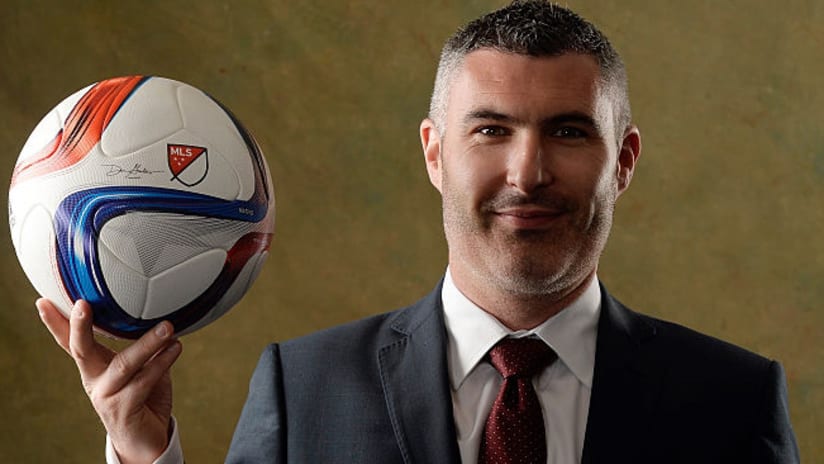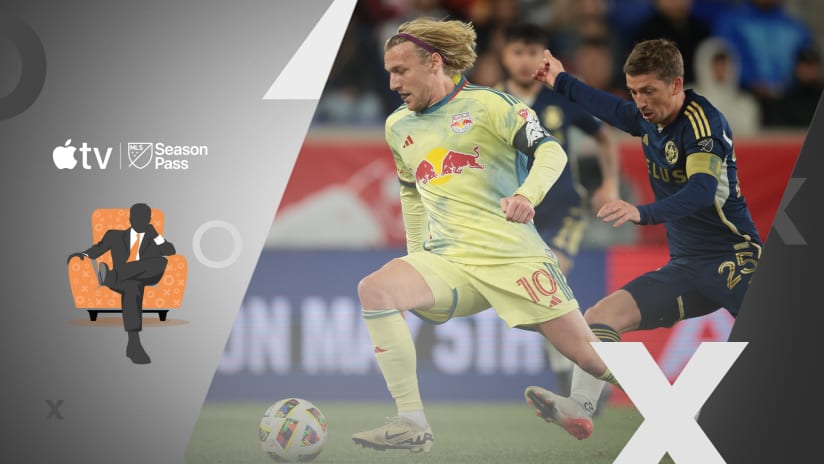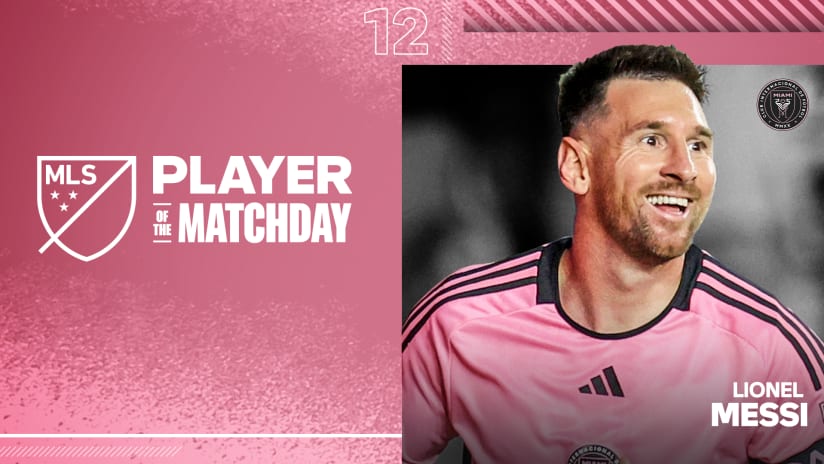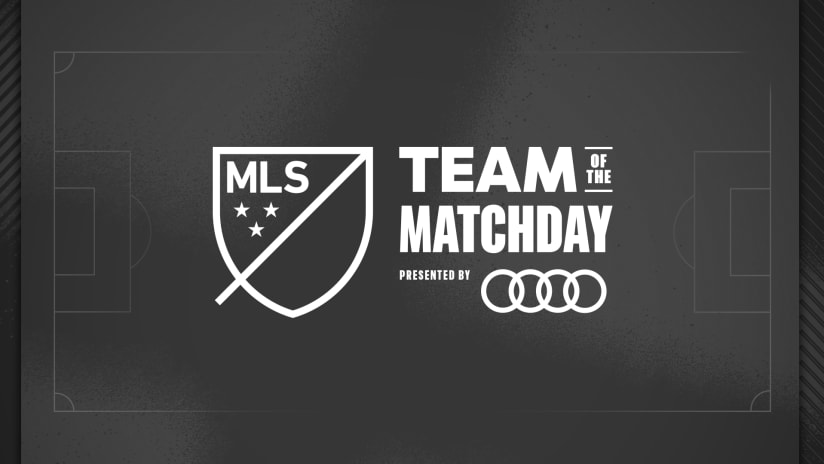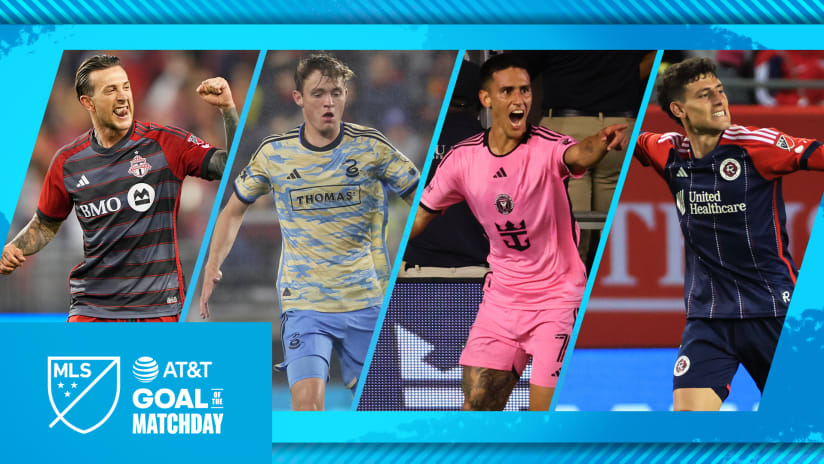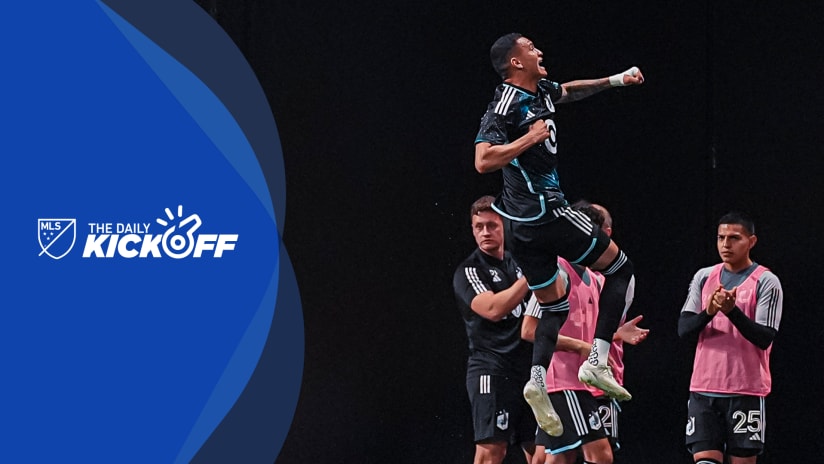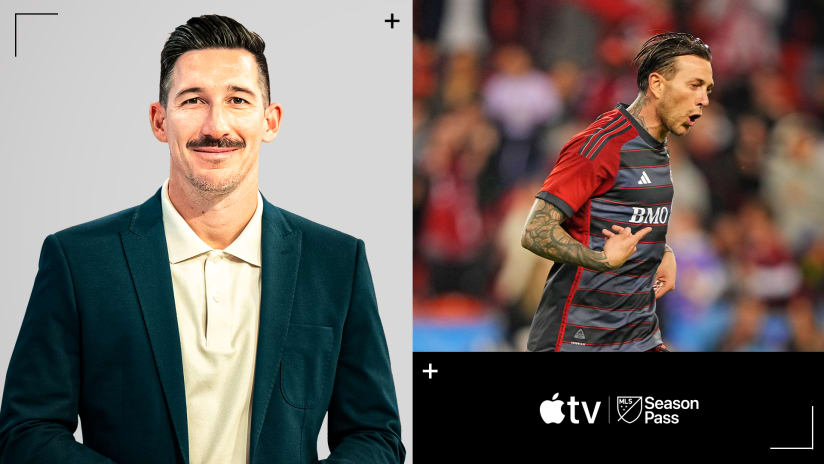Last August, less than 24 hours after the club fired former head coach Pablo Mastroeni in August 2017, Colorado Rapids GM Padraig Smith and chief business officer Wayne Brant published an editorial in the Denver Post called “The Rapids Way.” Brant was technically co-author, but this felt like Smith’s manifesto, a distillation of his vision for the soccer side of the organization. The Rapids, they wrote, had to evolve to succeed. No longer would it be enough for them to simply be “well-organized, difficult to break down and good at grinding out results.” Colorado had to do more, had to move into the modern era of MLS. They had to become more attack-minded. They had to develop and commit to a plan. They had to build an identity.
Ten months, one new coach and 14 new acquisitions later, and the Rapids – results-wise – don’t appear to be much closer to finding their way than they were last August. Colorado are 3-9-3 through their first 15 regular season games under first-year manager Anthony Hudson, ahead of only San Jose and D.C. in the MLS standings. They’ve scored 19 goals, tied for second fewest in the league. Their negative-9 goal difference is fourth-worst in MLS. They recently endured an eight-game losing streak in league play, the worst run in club history and the longest losing skid in MLS this year.
Though they snapped that slide with a 2-2 home draw against Chicago on June 13 and a 3-2 comeback win against Minnesota last Saturday, Colorado’s prospects for the rest of 2018 aren’t exactly rosy. Despite spending significantly to turn over about half their roster this winter, the players Colorado have brought in haven't collectively been able to compete for a playoff spot. They now need to average nearly 1.80 points per game for the rest of the season, a full point per game more than their current average, just to reach 46, the number it took to qualify for the playoffs in the West in 2017.
Despite all that, Smith isn’t giving up hope on 2018. He’s certainly not planning on deviating from his plan. He and Hudson, whom he praised extensively in an interview with MLSsoccer.com earlier this week, are trying to build a new culture in Colorado, one with a new emphasis on accountability and a heightened set of standards. The results have been painful this year, but they still believe in their vision. They remain committed to The Rapids Way. They just feel like they need to clear some debris before they can really walk the path.
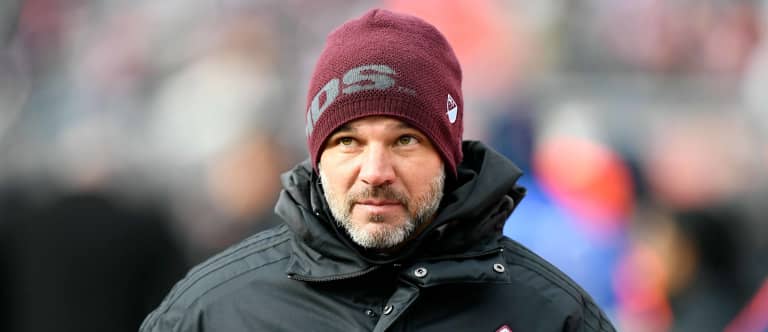
Rapids head coach Anthony Hudson | USA Today Images
“I think ultimately when you’re trying to make the cultural change that we’re looking to make within the locker room, it’s important that you stick to your principles. It’s important that you have a plan, articulate that plan and show that everybody is bought into that plan and then execute it against it,” Smith told MLSsoccer.com. “There will be growing pains, there’s no doubt about that. But that’s the time to hold our nerve.”
“Ultimately, we believe in what we’re doing, and we believe that this is the right way forward for the club to bring in that sustained success that will help us be a perennial playoff team,” he added later. “What I don’t want is for us to go back into the days that we’ll make short-term decisions that will jeopardize our long-term success. We need to be focused on our long-term, we need to be focused on building that foundation and achieving the platform from which we can be sustainably successful.”
While Colorado’s new arrivals on the bench and on the roster deserve time to jell, the early returns haven't been promising and they've seen a lack of production from their highest paid players.
According to the MLS Players’ Association, entering the season, Colorado allocated $7.75 million in salary to their seven-highest paid players: Designated Players Tim Howard and Shkelzen Gashi and Targeted Allocation Money signings Yannick Boli and Stefan Aigner (who agreed to leave the Rapids earlier this month after playing just 11 minutes under Hudson) and Joe Mason, Tommy Smith and Danny Wilson. Of that group, only the three defensive players – Howard, Wilson and Smith – have started more than half of Colorado’s 15 league matches. The four attackers – Aigner, Boli, Gashi and Mason – have made just 12 total starts and have combined for only five goals and two assists. One of those goals and both of those assists came in last weekend’s win against Minnesota.
That lack of production has led to a general feeling among Colorado’s staff and players that they’ve underperformed relative to their talent level this year – and that better times aren’t far off.
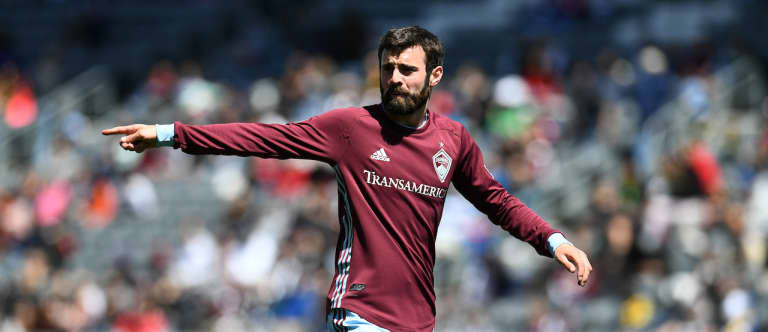
Jack Price has been one of Colorado's better offseason pickups | USA Today Images
“We had that bad eight or nine game run, which was tough for the lads and tough for the staff, tough for the fans, for everyone,” said midfielder Jack Price, another offseason addition who’s looked like one of Colorado’s better players all season. “But some of those performances were good performances. We deserved a lot more than we got out of them. So, I feel, if you say is there a light at the end of the tunnel, I feel like there definitely is.”
Summer reinforcements could certainly help, particularly in the attack. Smith said that Colorado have TAM to spend when the secondary transfer window opens on July 10. He wasn’t committal when asked whether the club would have room to add a third DP, but a source said that the club wouldn’t sign a new DP in the new window. Either way, they’re committed to both Howard and Gashi, neither of whom have produced at levels one might expect based on their prior reputations, through the end of 2019.
If Colorado do make additions this summer, they’ll likely have to make a move to free up space on their roster. Like more than half the league, the Rapids have no open international spots. If they want to sign a foreigner in the upcoming window, they’ll either have to move out one of the nine internationals currently on their roster, trade for one of the few international spots available across the league, or help one of their current internationals secure a US green card.
“I think we’ve been very clear that we wanted to become a much more balanced team,” Smith said. “The club has long been known for its defensive stability and being tough to beat altitude, but ultimately we need to be a more balanced team to be successful in MLS. And what that means ultimately for us is we need to be a better attacking team…. We need to improve on the attacking side, we need to bring in players that have more creativity, players that can pick up good positions on the field and really help us generate the sort of attack that we need.”
The Rapids are starting to look in different areas for those types of players. Of the seven players Colorado signed from abroad in the primary transfer window, five came from Europe, four from England or Scotland. That’s at odds with most of the rest of the league, who increasingly turned to Central and South America for their new acquisitions this winter. The European signings come at a premium, too. Reviewing the salaries and production of MLS newcomers who joined the league this winter from overseas, players who moved to the league from European clubs are making about $200,000 more this year than their counterparts who came from clubs outside of Europe. Their production has been roughly the same.
That the Rapids skewed heavily towards Europe makes sense. Smith is Irish; Hudson is English. Their scouting networks were naturally deeper in Europe than elsewhere. Smith, who was hired as the club’s sporting director in January 2015 and named interim GM in January 2017 after Paul Bravo left the team before getting the full-time gig this offseason, is in the process of building out networks in South America and is scheduled to travel to Argentina and Uruguay soon, but the Rapids will be playing catchup compared to most other MLS teams in that area.
Of course, they’re accustomed to having to try to fight back from behind. That’s not wholly the fault of Smith, who wasn’t fully empowered until this winter, and it can’t be pinned on Hudson, who is less than half a season into his MLS tenure. They are, however, the men who are tasked with turning things around. Despite the team's poor start this year, they believe in their plan.
“We’re incredibly frustrated. Very, very disappointed with the results and obviously doing everything we can to rectify that situation,” Smith said. “The key thing for me, though, is that deep down we believe in what we’re doing here…. We want to be a perennial playoff team and put ourselves in a position to bring a [MLS] Cup back here to Colorado. Nothing has changed in that regard. And while we’re deeply disappointed and frustrated with the results, the key thing for us is to continue forging ahead to bring that long-term sustainable success to the club.”

